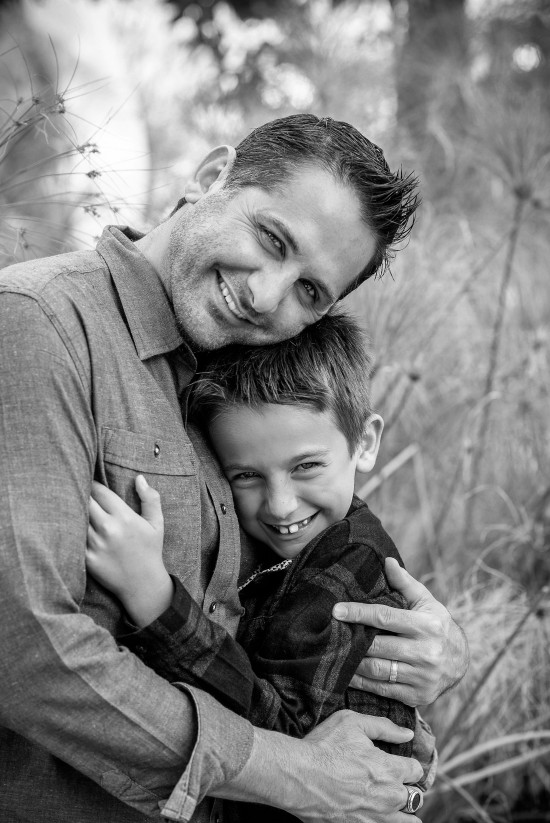Being A Winner Doesn’t Always Mean You’re Number One
When a child walks through my studio door, they’re typically buzzing with anxiety. Biting their nails, chewing their shirts, punching others, or completely shutting down in academics. It’s terribly sad, these little souls are already lost and I’m their last hope. They’re valiantly fighting in this human “war” to find acceptance and affirmation, but it’s not going their way, at all.
One afternoon I asked a young client how his day was going. He responded with an “eh” shoulder shrug, so I immediately asked him what the problem was. “People are mean” rolled off the tongue of this tender seven-year-old. This wasn’t a manipulative stunt to get out of doing anything; it was a pure release of emotion. Boy, I felt him on this one. Don’t you?
Some of these little people are being taught that in order to be accepted you need to be number one. They’ll learn to fight for this superior position and do everything necessary, even cheating, to be on the frontlines with their peers. However, the ones that don’t have this kind of energy, well, they’re being ridiculed, bullied and falling victim to the lies found in low self-worth.
I’ve found that some of these downtrodden kids are siblings to those students who are perceived as number one in their daily life. So, not only are these little angels feeling defeated in school or sports but their own blood may be subtly manipulating them. It’s a pattern that develops early and quietly. We passively accept the mistreatment and continue to form relationships that keep us disempowered.
How can we change this deeply rooted system of thought?
I think, in order to change, we need to begin observing ourselves. How are we treating our significant other, parents, siblings, friends, bosses, service workers, homeless, or even strangers?
Our children are extensions of ourselves. Their behavior is picked up from the energy we provide. Our children model their ideas and beliefs after our ideas, conversations, and actions. This becomes the foundation for who they are, and if these interactions are negative they’ll manifest into a “problem” (insert diagnosis, pattern, behavior, etc…) for you to fix. No one would deny that our actions rub off and reflect in our children, but the extent of it may be surprising.
A wonderful psychologist once told me, “Some parent’s don’t push their children together to form a sibling connection; instead they split them up for their own, unintentional, selfish reasons. They’re hoping to push their children to achieve goals that they’d never been able to achieve. In doing this, they create a human machine that craves that number one spot.”
Please, we can’t allow your children to become consumed with being number one. It’s inevitable that they’ll create enemies during this quest for acceptance. If they don’t have each other’s support, whom else will they be able to lean on?
I want to share a story for how this has been so true and applicable in my own life:
My son had just finished his basketball season, and he’d really turned a corner with his focus. He enjoyed shooting the long, three-point shots because it was better than “chicken winging” his arms to win, it’s just not in his nature.
My husband played basketball his entire life, apparently throwing those wings out left and right. He was an excellent player and always won. At first he was hard on our son, pushing him to get under the net and fight for the ball. But my little seven year-old continued to take that long shot. At the end of the season, when my husband was reminiscing on his basketball days, he realized that he’d been playing from a place of unhappiness. Yet, he’d never taken the time to notice or even recognize that that was unhealthy. I asked him why, why this sport he loved could actually harbor such deep-rooted discontentment.
“I was angry at the life I had been given. I was frustrated. I fight for everything in life, from finding clients with the same values who respect me to collecting my earned royalties. I don’t want to fight anymore… and I see that my son has a beautiful life that he enjoys and he doesn’t have to play that way.”
When I look into the eyes of those around me – adults, children, elderly – I see a community that’s lacking connection to their soul and struggling to all be number one. We’ve forgotten the value of kindness; we’re all struggling to fit in and be accepted but aren’t doing anything to forge these types of healthy connections. We need an emotional makeover—a thorough wash of the human model so that we can start fresh.
Find yourself in your kid. Set your soul free. It feels so damn good.
Xx-g.
11

Comments